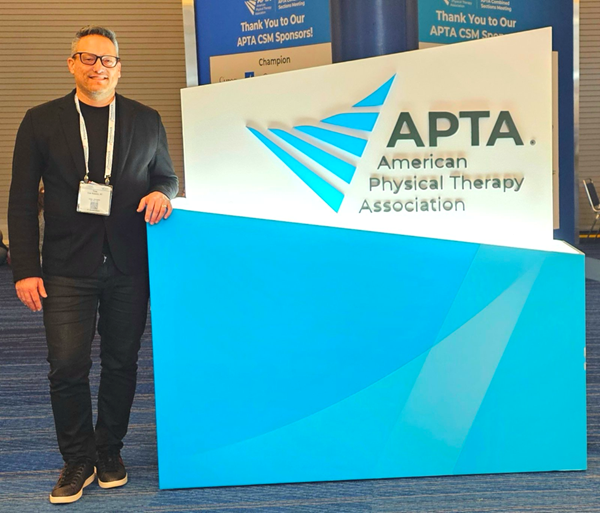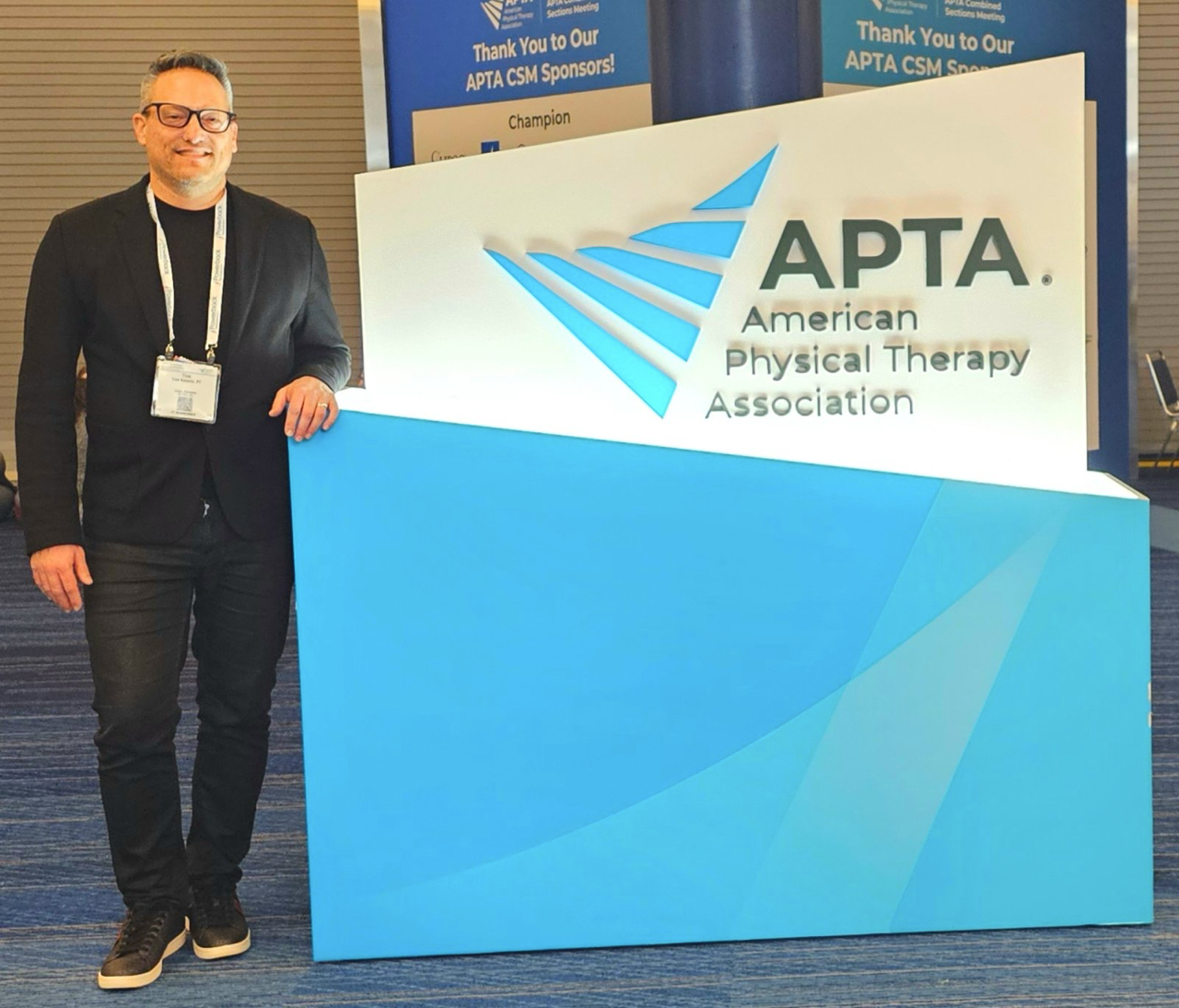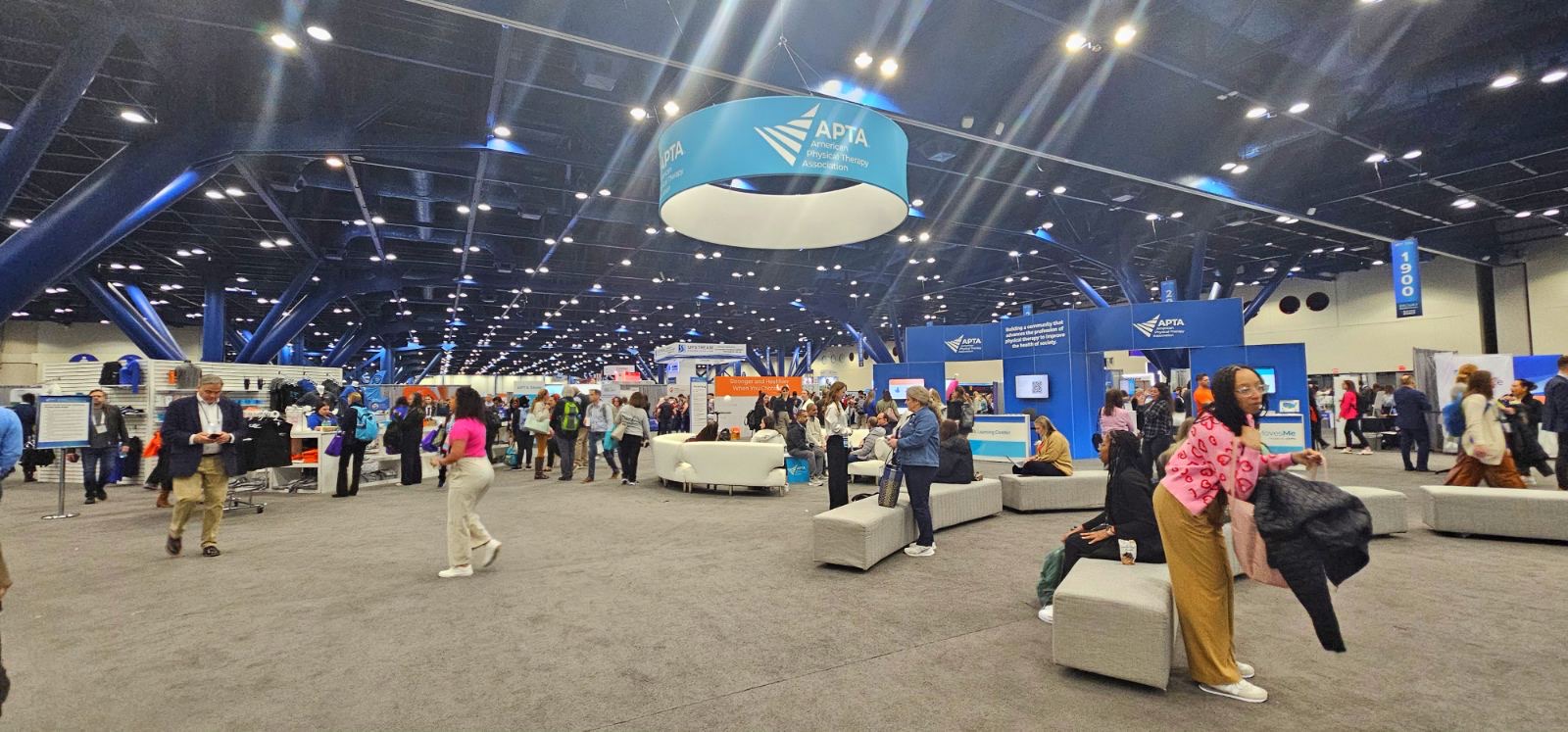
Dr. Tine Kovačič at the World's Largest Physiotherapy Conference in Houston

At this year's most extensive global conference on physiotherapy in Houston, Associate Professor Dr. Tine Kovačič actively participated in expert discussions focusing on the future of physiotherapy in the digital age.
Artificial Intelligence, Digital Health, and Cybersecurity: Ethical Challenges Using Technology in Contemporary Practice – A discussion on the ethical challenges of artificial intelligence, digital health, and cybersecurity in modern physiotherapy practice.
Artificial Intelligence in Healthcare: Education, Practice & Research – A lecture on the impact of artificial intelligence on research, clinical practice, and professional education in physiotherapy, focusing on ethical considerations and training higher education faculty for the safe and effective use of AI technologies.
Evidence-Based Physiotherapy & Implementation Science – A discussion on the latest approaches to evidence-based physiotherapy and the challenges of translating scientific findings into clinical practice. How can research outcomes genuinely enhance rehabilitation and the quality of physiotherapy treatment for patients?
"Advanced technology and scientific evidence are transforming the way physiotherapy is practiced. It is therefore essential to keep up with the latest guidelines, engage in discussions on ethical challenges, and ensure the successful implementation of scientific findings into clinical practice," emphasizes Dr. Kovačič.
Alma Mater Europaea University follows global trends and continuously updates its physiotherapy study programs at all three Bologna levels to ensure that future physiotherapists are well-prepared for technological and scientific challenges.


